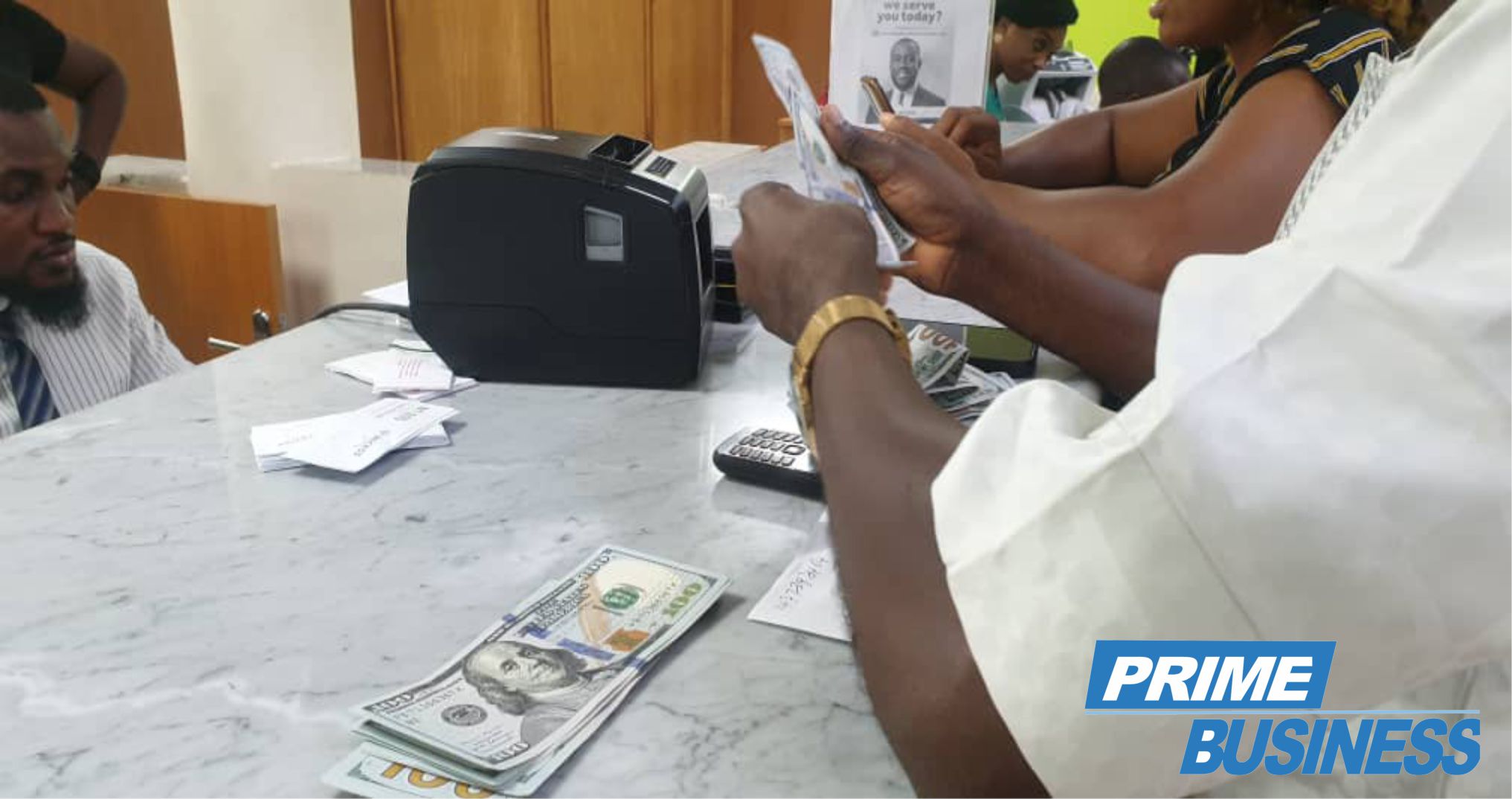In the backdrop of a turbulent week for Nigeria’s economy, the naira witnessed a fresh low of N1,186 against the US dollar in the unofficial market. This decline can be attributed to the demand for the greenback.
An interesting twist in this currency saga is the rise of covert trading through the crypto market, with the exchange rate reaching an astounding N1,186/$1. It signifies a worrisome trend of continued depreciation.
Join our WhatsApp ChannelThe Central Bank of Nigeria (CBN) had attempted to intervene in the foreign exchange market to stabilize liquidity. However, despite lifting an eight-year ban on certain items’ access to official market dollars, speculators maintained a tight grip on the situation.
In a further blow to the naira, the US dollar faced an unusual shift against various currencies, with gains against the euro, gold, silver, and Bitcoin. Meanwhile, US stocks declined, and 10-year Treasury yields reached a 16-year high.
President Tinubu’s criticism of monetary policy and the pledge to streamline Nigeria’s exchange-rate system had prompted the CBN to ease foreign exchange controls in June. Nevertheless, Nigeria’s forex market still grapples with illiquidity, coupled with unresolved forex backlogs.
This dire situation has been exacerbated by global economic conditions, with Nigerian speculators avidly pursuing the US dollar. The strength of the US economy and its tight labor market have spurred this appetite.
Federal Reserve Chairman Jerome Powell’s hints at potential interest rate hikes added to concerns. As benchmark Treasury yields neared the 5% threshold, uncertainty grew. Federal Reserve officials like Loretta Mester emphasized the need to reduce speculation about rate hikes for market stability.
READ ALSO: Naira Exchange Rate Dips 5.4% To N808/$ Official, N1,170/$1 Black Market
The path of interest rate hikes remains ambiguous, with only a 2% chance of a rate hike next month and a 25% chance by year’s end.
This uncertainty has fueled market volatility, which is further compounded by global events like the conflict in Israel. The economic landscape remains uncertain, and Nigeria’s currency woes continue to persist.
Emmanuel Ochayi is a journalist. He is a graduate of the University of Lagos, School of first choice and the nations pride. Emmanuel is keen on exploring writing angles in different areas, including Business, climate change, politics, Education, and others.


















Follow Us